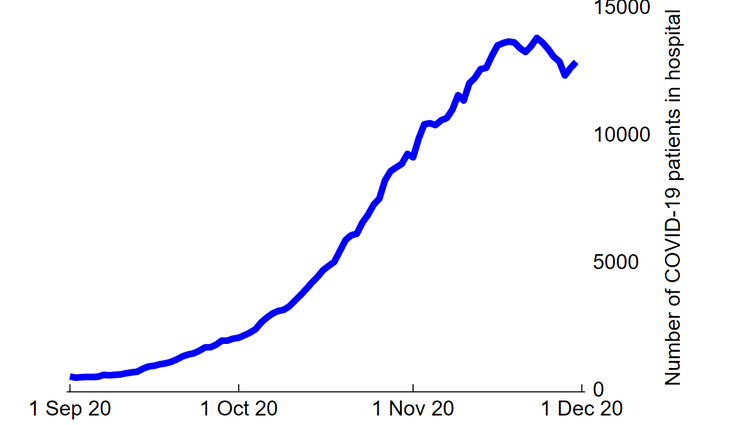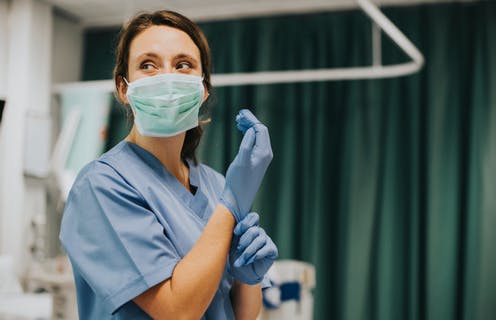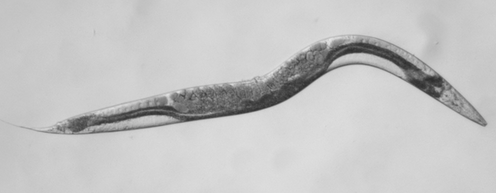What psychology can tell us about why some people don’t wear masks – and how to change their minds
Marina Biryukova/Shutterstock While the world is eagerly waiting for COVID-19 vaccines to bring an end to the pandemic, wearing a mask to help prevent viral transmission has become more or less mandatory globally. Though many people embrace mask wearing and adhere to public health advice, some rebel and argue that wearing a mask has been imposed upon them against their will. With mask wearing and social distancing, it’s down to the individual to decide whether or not to comply, yet what influences compliance isn’t straightforward. Demographic factors such as income level, political affiliation and gender have all been associated with whether people choose to wear a mask and socially distance. However, psychology can go some way to explaining why behaviouralContinue Reading




















